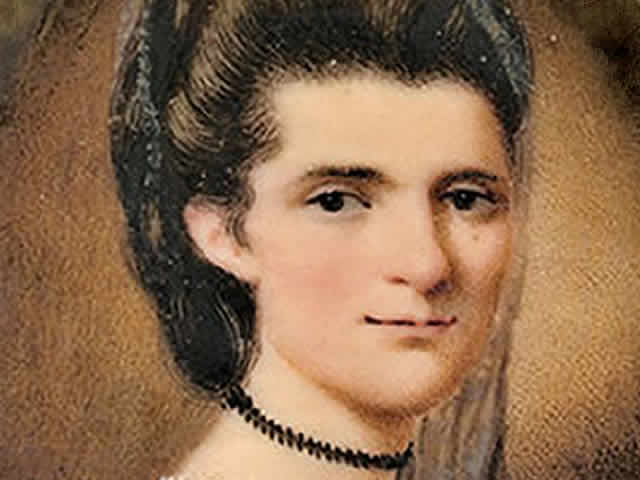Search StudySC for people, places, history, and ideas.
StudySC – Know where you live.
Explore South Carolina through StudySC! Learn about your community, South Carolina history, and the people who have made a significant impact on the state and the world.
SC Subjects by Grade Level
South Carolina People
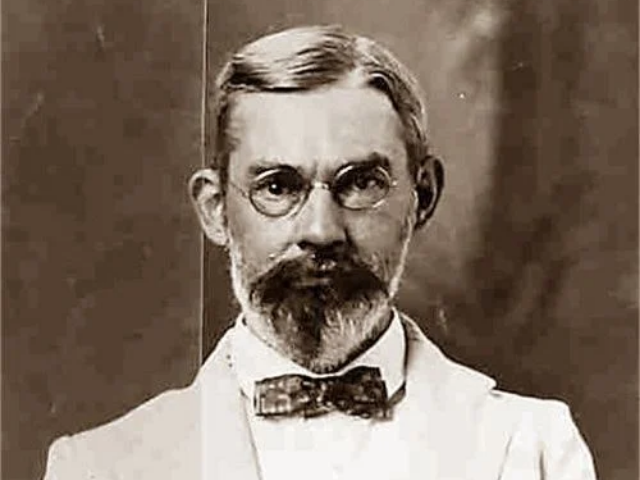
David Robert Coker
David Robert Coker was a Hartsville, SC businessman and philanthropist who founded the “Coker’s Pedigreed Seed Catalogue” in 1914.
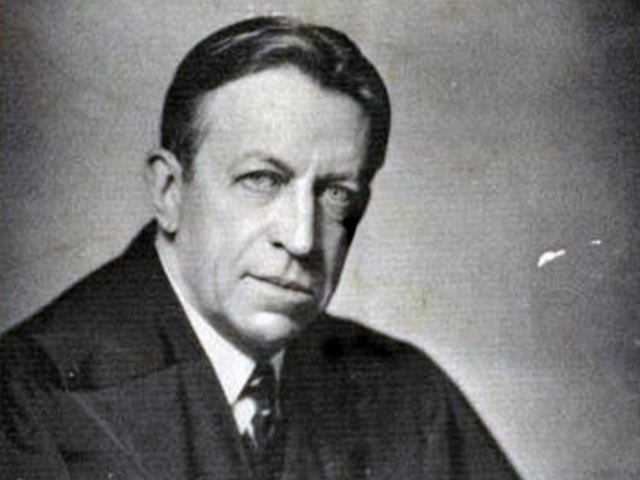
Julius Waties Waring
Judge J. Waties Waring was the dissenting opinion in the Briggs v. Elliott court case; a white Southerner who advocated for justice and an end to segregation in the education system.
South Carolina Counties
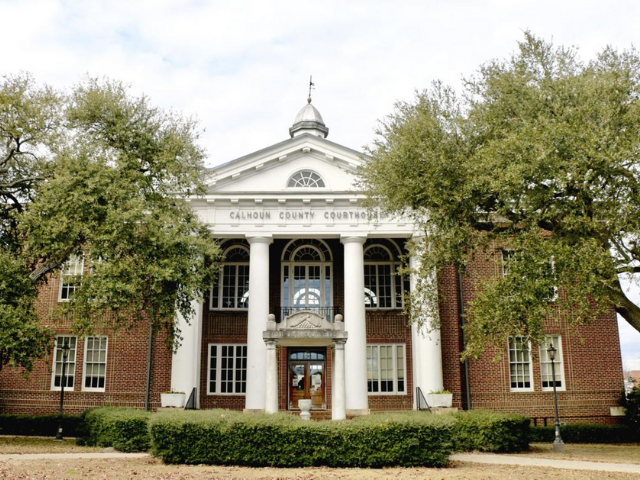
Calhoun County
Calhoun County was named for John C. Calhoun (1782-1850), who served as the United States vice president, secretary of state and of war, and senator.
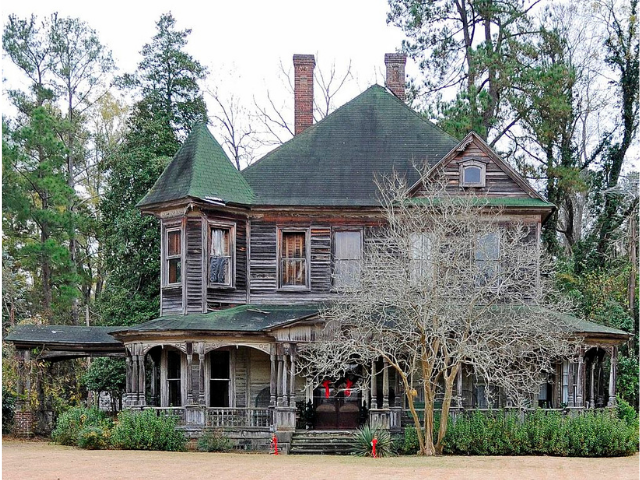
Marlboro County
Marlboro County was named after John Churchill, the first Duke of Marlborough (1650-1722).
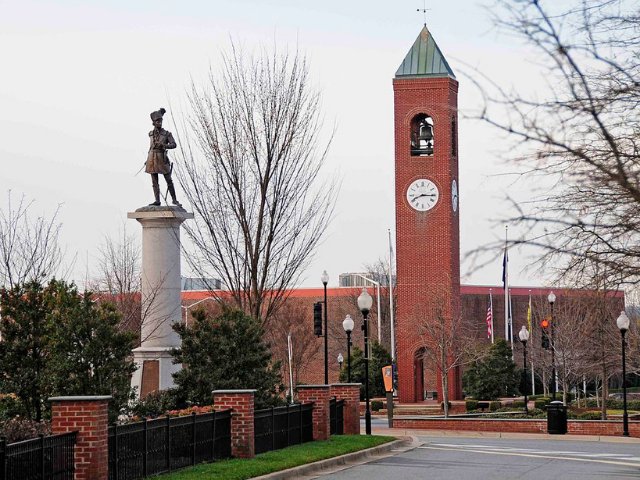
Spartanburg County
Spartanburg County and its county seat, the city of Spartanburg, were named for the Spartan Regiment, a local militia unit that fought in the Revolutionary War.
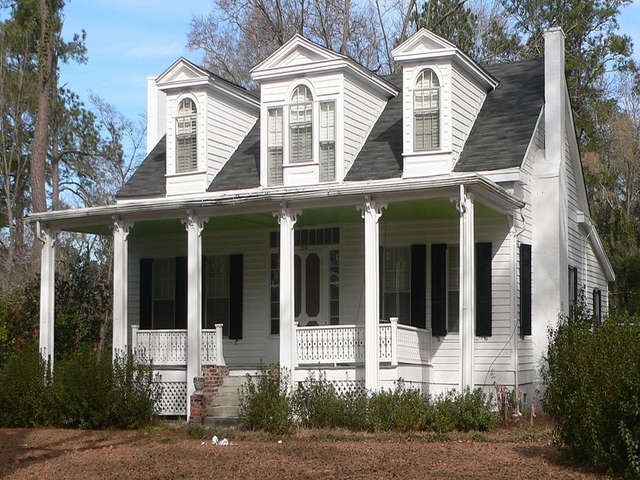
Williamsburg County
Williamsburg County was probably named for King William III of England (1650-1702). Scotch-Irish and French Huguenot settlers began moving into this part of the Lowcountry around 1732.
South Carolina Facts
South Carolina State Opera
Porgy and Bess was designated as the official Opera of the State by Act Number 94 of 2001. Porgy and Bess is an opera based on the novel Porgy written by South Carolina native Edwin Dubose Heyward.
South Carolina Glossary
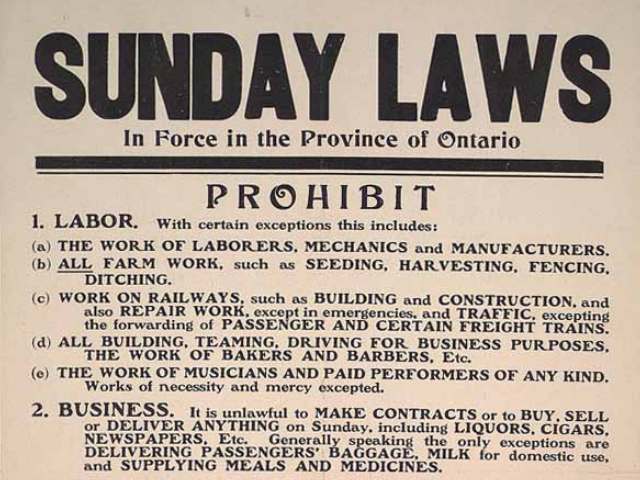
blue laws
(noun) - also known as Sunday laws, are laws designed to restrict or ban some or all Sunday activities for religious reasons, particularly to promote the observance of a day of worship or rest. Blue laws may also restrict shopping or ban the sale of certain items on specific days, most often on Sundays in the United States.
Copyright © 2024. All rights reserved.

